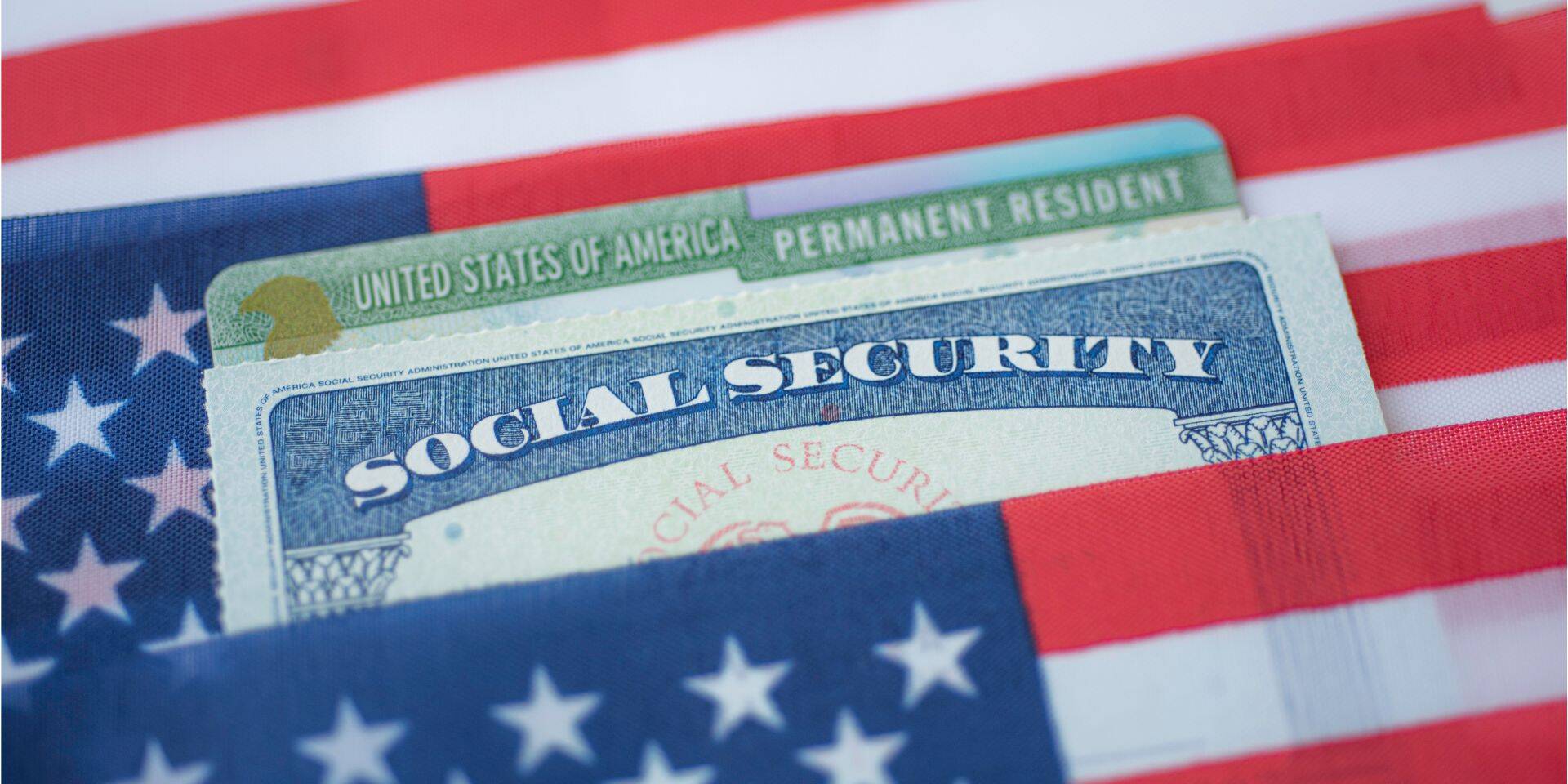The Department of Homeland Security (DHS) announced a proposed rule detailing the public charge grounds of inadmissibility and shared an advanced copy of the rule. The newly proposed rule would return the agency to its long-standing interpretation of a policy used to determine whether individuals who have benefited from certain public benefits may receive visas or green cards. DHS’ major goal in proposing this new rule is to reduce the fear and confusion caused by the 2019 Public Charge rule implemented by the Trump administration. Additionally, the rule hopes to deliver consistent and fair adjudication for individuals, both seeking admission at the ports of entry at the border and applying for adjustment of status to that a lawful permanent resident (green card) inside the United States.
U.S. immigration law prevents individuals from receiving green cards and certain visas to those it deems to be a “public charge.” Immigration and Nationality Act (INA) public charge provision establishes that applicants for a visa, admission, or adjustment of status are inadmissible to the United States if they are likely at any time to become a public charge. Further, the statute directs DHS and the Department of State (DSO) to consider at the minimum the following factors when making a public charge determination:
- age,
- health,
- family status,
- assets, resources, and financial status, and
- education and skills.
Although “public charge” is not defined in the law, DHS, as the agency implementing the law, has the power to define which citizens fall under this category. The term “public charge” goes as far back as the Immigration Act of 1888. The 1999 Interim Field Guidance defined “public charge” as a noncitizen who is or is likely to become “primarily dependent on the government for subsistence” through either the use of cash assistance benefits or hospitalization for long-term care at government expense. The Trump’s administration changed this definition in their proposed rule. Instead, they expanded the definition of public charge to include a wide range of common government benefits, such as Supplemental Nutrition Assistance Program (SNAP), housing and rental assistance, and non-emergency Medicaid benefits. An applicant under the 2019 rule who received one or more of any of the prohibited benefits for more than 12 months in aggregate within any 36-month period would be denied. Receipt of two benefits in one month counted as two months. The 2019 public charge rule was essentially a wealth test that caused terror among foreign nationals in the United States. Although many immigrants did not qualify for most government benefits, the rule spread fear throughout immigrant communities. In addition, the heavy paperwork was a burden to applicants and adjudicators. After taking office, in March 2021, President Biden’s administration formally withdrew the 2019 public charge rule.
The new proposed rule would define someone as “likely to become a public charge” if they are “primarily dependent on the government for subsistence.” The new proposed rule proposes to consider the below public benefits when making a public charge inadmissibility determination:
- Supplemental Security Income (SSI);
- Cash assistance for income maintenance under the Temporary Assistance for Needy Families (TANF) program;
- State, Tribal, territorial, and local cash assistance for income maintenance; and
- Long-term institutionalization at government expense.
The newly proposed rule will not consider non-cash benefits such as food and nutrition assistance programs including the Supplemental Nutrition Assistance Program (SNAP), the Children’s Health Insurance Program, most Medicaid benefits (except for long-term institutionalization at government expense), housing benefits, and transportation vouchers. DHS would also not consider disaster assistance received under the Stafford Act; pandemic assistance; benefits received via a tax credit or deduction; or Social Security, government pensions, or other earned benefits. Lastly, under the new proposal, the public charge inquiry is not applied to nonimmigrant extensions of stay and change of status applications. In a nutshell, the newly proposed rule codifies long-standing interpretation of the public charge rule analysis by doing away with the Trump administration’s changes. The proposed rule will have a 60-day public comment period that begins on the date specified in the forthcoming Federal Register publication.
ILBSG will keep its clients updated on further developments in this area. If you have questions about your eligibility for a visa or adjustment of status, please reach out to an ILBSG attorney today.
Related Posts
April 17, 2025
Expanded DHS and FBI Involvement Driving More Green Card Holder Removals
The expansion of DHS, USCIS, and FBI…
April 17, 2025
F-1 Students Anticipate Visa Cancellations and Removals
F-1 visa cancellations have raised…
April 17, 2025
H-1B Holders Face Layoffs Along with Possibility of Removal
H-1B holders are facing mounting…



